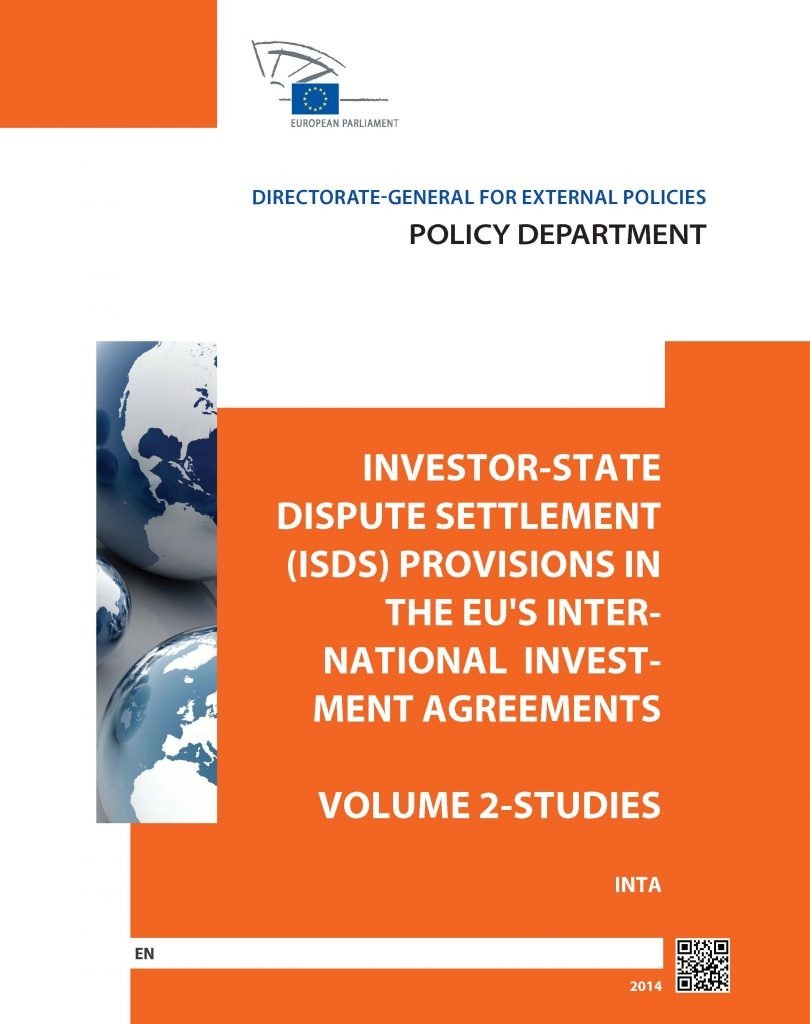Study on Investor-State Dispute Settlement (‘ISDS’) and Alternatives of Dispute Resolution in International Investment Law


Abstract
aken the public concerns about current developments in the area of the European International Investment Policy, the European Parliament’s INTA Committee launched a study on Investor-State Dispute Settlement and Possible Alternatives of Dispute Resolution in International Investment Law.
In a nutshell, the study suggests that ISDS is a useful means of enforcing substantive investment protection standards contained in international investment agreements. The mechanism should therefore continue to form part of European international investment policy. However, the EU has to address four major challenges tied to this dispute settlement tool, i.e. (1) mitigating inconsistency, (2) securing the right balance between private and public interests, (3) establishing integrity of arbitral proceedings and (4) preventing misuse, allowing for error-correction and managing financial risk associated with ISDS. Among others, the study suggests (1) strengthening the role of the state parties to international investment agreements, (2) establishing an appeals facility, (3) giving well-functioning domestic court systems an adequate role in resolving investor-state disputes by introducing a novel elastic local remedies rule and (4) considering the implementation of tenured judges; at least on an appeals level.
The study is part of a series of three. One study is devoted to the topic of investment protection agreements as instruments of international economic law. The other one deals with the interrelation of international investment protection agreements and EU law. These two studies are authored by Professor Kuijper of the University of Amsterdam and Professor Pernice of Humboldt-University Berlin, respectively.



